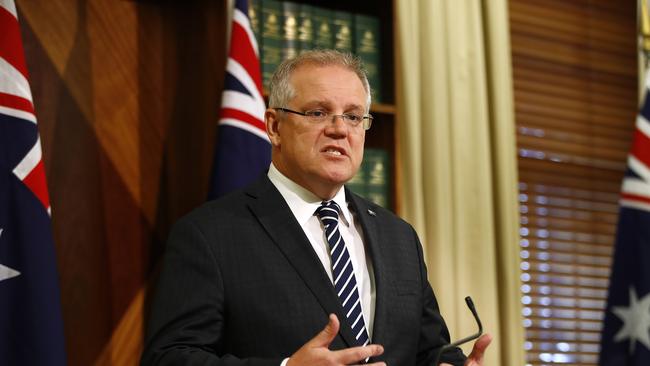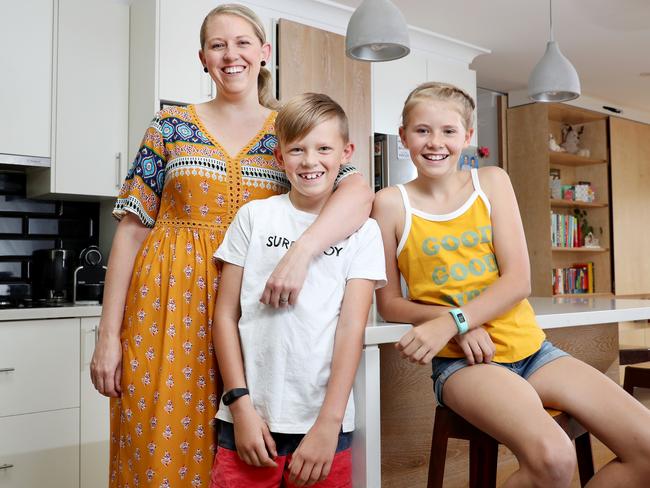ACCC: Privacy laws to be overhauled after inquiry into Facebook, Google
The federal government has announced a change-up to privacy laws which promises to ‘empower consumers’ and ‘protect their data’ after the ACCC inquiry into digital platforms.
- Push to ban Google and Facebook from posting Aussie news
- ACCC boss slams digital assistants amid privacy concerns
Google and Facebook will have to get your permission to collect IP addresses or location data under major plans to enhance privacy protections.
And the Australian Competition and Consumer Commission will receive $27 million to set up a new unit dedicated to keeping the tech titans in line.
These are two of the most significant of the changes to emerge from the federal government’s long-awaited response to a world-first inquiry into the impact “digital platforms” are having on our community and economy.

While the government’s action plan was broadly welcomed, concerns have emerged that aspects are too soft or too slow.
Of the 23 recommendations made by the ACCC in the 623-page report it delivered in June, six will be supported, a further nine have “in-principle” backing, six have been noted and two rejected.
MORE NEWS
‘There will be worse news’: PM’s chilling volcano disaster message
Charlie Teo’s futuristic hotel-style hospital for West
In an important move, the Privacy Act will be reviewed to improve and expand the protection of consumers’ personal information.
Swinburne University social media lecturer Belinda Barnet said that could give people the opportunity to stop Google and Facebook snooping on them as they move around the internet.
“It’s fantastic,” said Dr Barnet, who also praised the establishment of the ACCC’s digital platforms branch.
But the independent Consumer Policy Research Centre’s CEO Lauren Solomon said it was disappointing the recommendation to ensure personal information could be erased had only been noted.

The government said it could have caused problems during national security investigations.
Ms Solomon was also critical of the pace at which the government planned to address, for example, unfair commercial practices. Action was being held up by an existing review when there was more than enough evidence of the problem.
“How long is it going to take?” she said.
Media companies including The Daily Telegraph’s owner, News Corp Australasia, were unhappy the government hadn’t chosen the option of a mandatory code to cover news organisations’ dealing with web behemoths.

“The government’s approach of a voluntary code of conduct to oversee commercial arrangements as a first step appears out-of-kilter with leaders of other jurisdictions who have advocated firmer action,” News’ executive chairman Michael Miller said.
But News was pleased by the decision to reject a recommendation aimed at copyright infringement, which it had argued would have failed to fix the problem.
The plan to improve privacy protections was welcomed by mum Jenna van Bentum.
“Cyber safety is really important to us, obviously with young kids we’re constantly trying to protect them,” she said. “I do worry about privacy on sites like Facebook and Google. I think that the new laws are going to help protect people, I think that people’s private information has become too readily available.”
